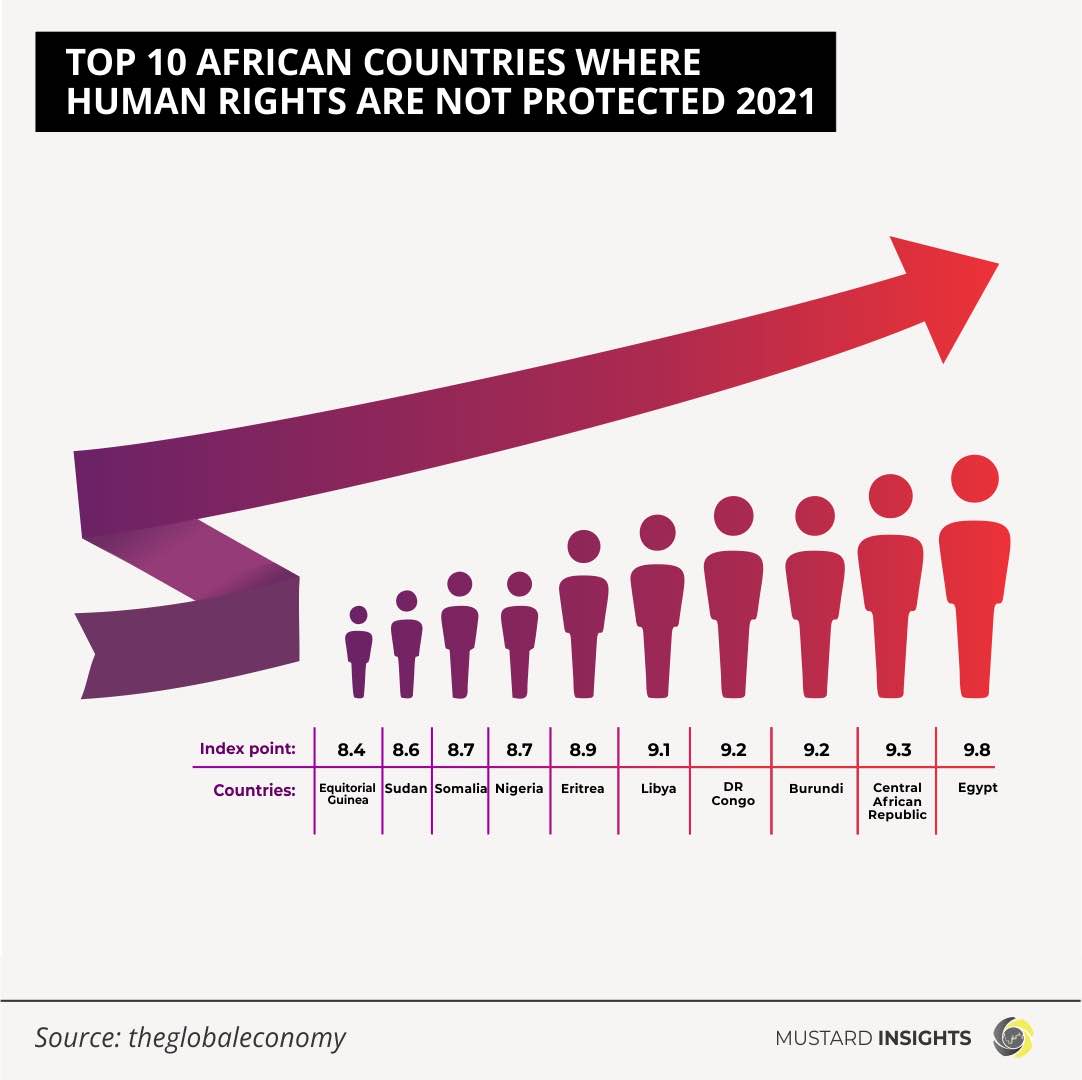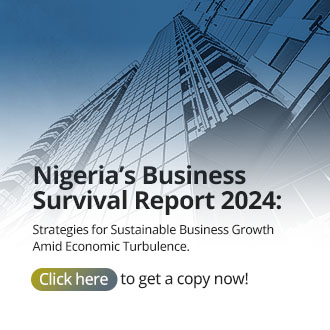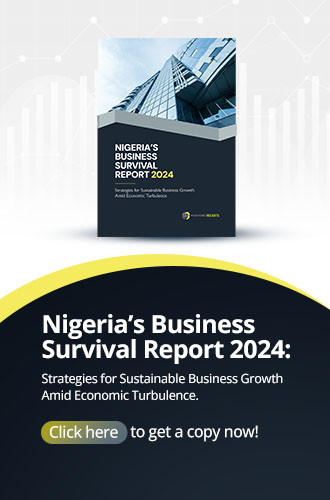Africans have seen their fundamental human rights trampled upon by their governments. These rights include the right to life and liberty, freedom from slavery and torture, freedom of opinion and expression, the right to work and education, and many more.

A lot of countries on the continent have leadership with authoritarian tendencies, and such leadership might look to suppress dissent. As a result, Africans have seen their fundamental human rights trampled upon by their governments. These rights include the right to life and liberty, freedom from slavery and torture, freedom of opinion and expression, the right to work and education, and many more. Every citizen in Africa is entitled to these rights without discrimination, but that doesn't seem to be the case.
There are international organizations which aim to ensure that various treaties and policies are put in place to enable good governance, the protection of civil liberties, and the preservation of the rights of African citizens. There are also treaties such as the African Charter on the Rights and Welfare of the Child, African Charter on Human and Peoples' Rights, Protocol to the African Charter on Human and Peoples' Rights on the Rights of Women in Africa, African Youth Charter, and the African Union Convention for the Protection and Assistance of Internally Displaced Persons in Africa.
The African Union (AU) has also put in place three principal mechanisms for protecting human rights on the continent: a Charter, a Commission, and a Court. The African Charter on Human and People's Rights (Charter) is Africa's main legal instrument for promoting human rights. The Charter establishes duties for states and individuals and recognizes the most universally accepted civil and political rights and economic, social, and cultural rights. The African Commission on Human and Peoples' Rights (ACHPR) is tasked with interpreting the Charter and investigating individual complaints regarding its violation. The Court has jurisdiction over the cases and disputes submitted to it concerning the interpretation and application of the African Charter, thus complementing the mandate of the ACHPR.
Regardless of the various human rights policies in place, it is not uncommon to see some African countries’ leadership still disregarding the laws. In this article, we shall look at the top ten countries in Africa where human rights are not protected according to data provided by the Global Economy.
Egypt Tops the List with An Index Score of 9.8
Chapter 3 of the Constitution of the Arab Republic of Egypt guarantees human rights in Egypt, which provides for its citizens' public rights, freedoms, and duties. The country is also a party to numerous international human rights organizations and treaties, including the United Nations, the International Covenant on Civil and Political Rights, and the International Covenant on Economic, Social, and Cultural Rights. But this hasn't stopped Egyptian leadership from committing blatant human rights infringements.
Cases of extrajudicial killings, torture, dismal conditions in prisons and detention centers, arbitrary arrest, denial of fair public trials, freedom of association, attacks on human rights defenders, disregard for freedom of expression, disregard for freedom of belief, disregard for women's rights and gender equality are a few of the issues noted by international organizations, that are currently in violation of human rights policies.
As a result, the nonprofit organization, Fund for Peace, ranks Egypt as the worst violator of human rights on the continent. Other countries listed include:
Central African Republic – 9.3
Burundi – 9.2
DR Congo – 9.2
Libya – 9.1
Eritrea – 8.9
Nigeria – 8.7
Somalia – 8.7
Sudan – 8.6
Equatorial Guinea – 8.4
Thoughts?
We won't share your email address. All fields are required.
